'US missile attack on Syria contrary to intl. law'
On April 7, US warships deployed to the eastern Mediterranean launched a barrage of 59 Tomahawk missiles against Shayrat Airfield, near the western Syrian city of Homs, in retaliation for a deadly chemical incident in Khan Shaykhun which American authorities blamed on the Syrian air force without providing any evidence. Damascus and Moscow argue that the incident was a result of an air strike hitting a chemical depot belonging to militants fighting the Syrian government. Press TV has asked founder of transnational.org in Lund, Sweden, Jan Oberg, and journalist and political commentator from London, Richard Millet, to give their analyses of the chemical incident and the US response.
Jan Oberg noted that the US missile attack was not in compliance with international principles and rules, adding that one cannot administer punitive measures unless they have a clear idea of who the perpetrator is.
“It is more complicated than going out bombing somebody because you want to bomb somebody,” the commentator exclaimed.
Commenting on what procedures could have instead been taken to deal with the suspected chemical attack, he said, “You can do a chemical analysis; you can go to the place; you can look at various canisters, various types of medical reactions on the bodies,” to investigate first-hand, find out the truth and let the facts prove or disprove the allegations.
Oberg recalled that 28 high-level ex-intelligence officers, including former CIA agents, had in an article advised President Donald Trump not to “go down that road because you don’t have the evidence and we think you’re wrong.”
“This bombing (of the Shayrat Airfield) just took the whole Syria conflict to a new level in which [America is] very close to direct confrontation, particularly with Russia. It is really dangerous,” he warned.
The analyst further criticized the Western media’s partial coverage of world events, and their biased approach towards the latest developments in Syria.
Freedom in the Western media, he commented, means “freedom to be as biased as you like to and not cover all human sufferings the same way."

He then complained about the lack of justice at the international level to hold to account those who support terrorist groups in Syria, saying that “the UN Charter is misused by the Western countries” and that “there should be a long queue in The Hague.”
For his part, Richard Millet laid the blame for the chemical incident in Syria on President Bashar al-Assad.
A fact-finding mission set up by the Organization for the Prohibition of Chemical Weapons has been sent to Syria to interview survivors and gather bio-metric samples from the site of the alleged chemical attack. President Assad has made it clear that he will only allow an impartial investigation into the incident conducted by unbiased countries. Damascus argues it handed over all its chemical weapons stockpiles in 2013 and thus could not have been behind the Khan Shaykhun incident.
Read More:
Millet called for President Assad to stand trial in The Hague for what he called “crime against the Syrian people.”
He also blamed Assad for all the death and destruction in Syria, claiming that the president’s refusal to relinquish power had protracted the conflict.
“The only way to bring peace to Syria is for Assad to step aside,” the journalist concluded.
‘Iran retaliation against Israel ensured no aggression would go unanswered’
US vetoes Palestinian request for full UN membership
Iran sufficed to strike only part of Israel’s military positions: FM to UN chief
IRGC: Israel’s Dimnoa nuclear reactor not among Op. True Promise’s targets
VIDEO | West Asia awakens
'Stop any further Israeli adventurism,' Iran FM tells Security Council
Google fires 28 employees for protesting military deal with Israel
Burkina Faso expels three French diplomats over ‘subversive activities’


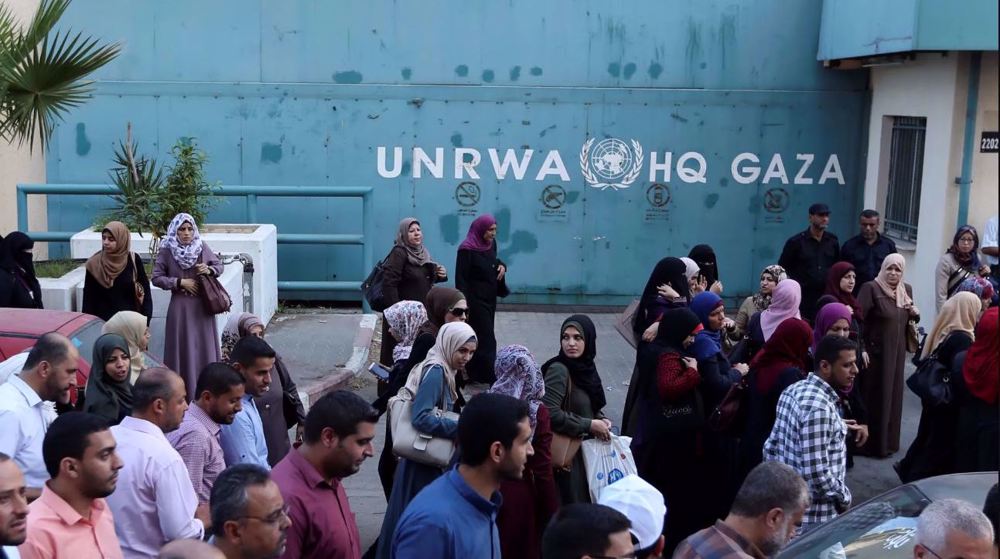
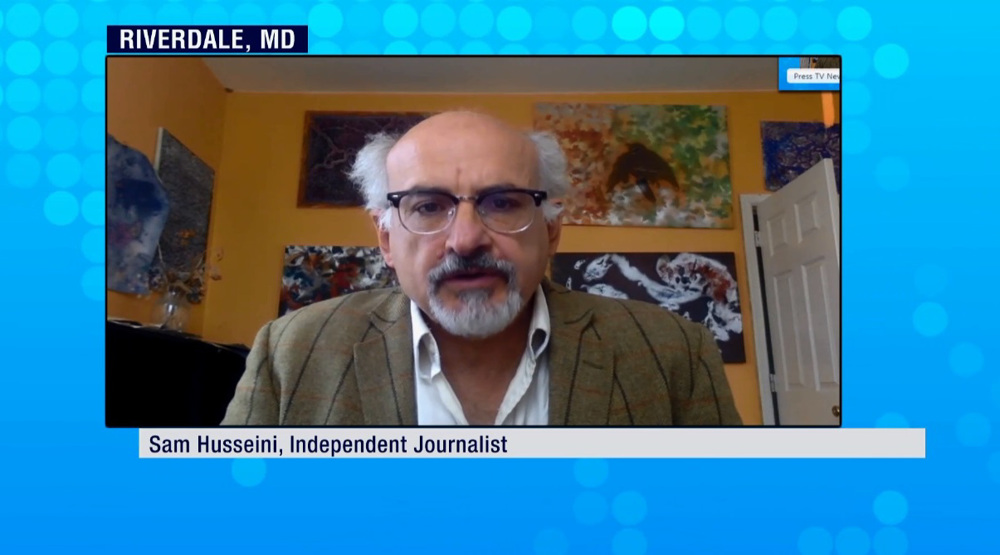
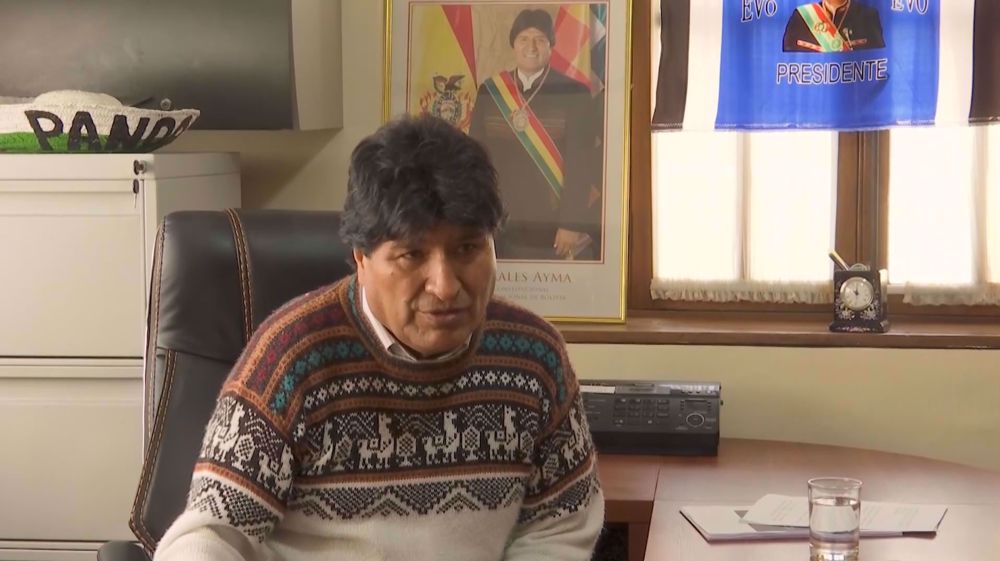



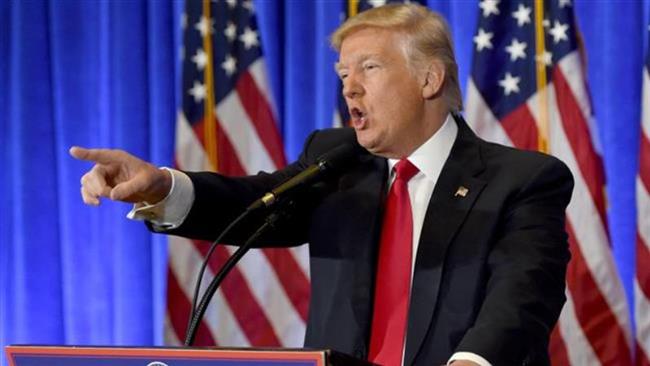

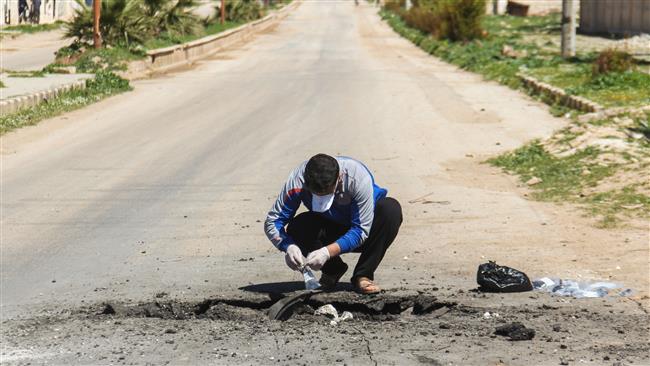
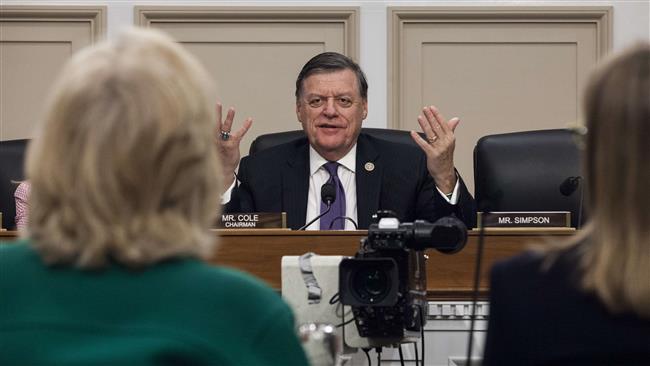
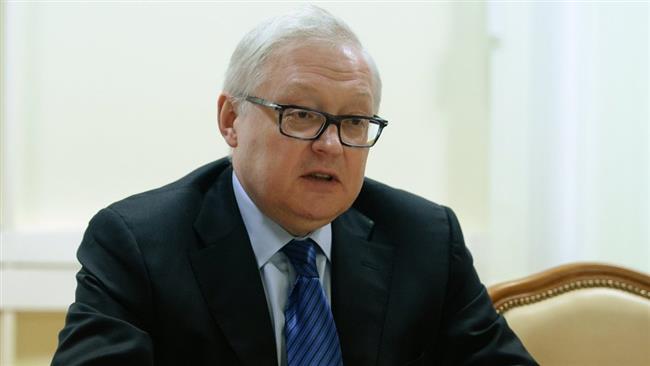

 This makes it easy to access the Press TV website
This makes it easy to access the Press TV website